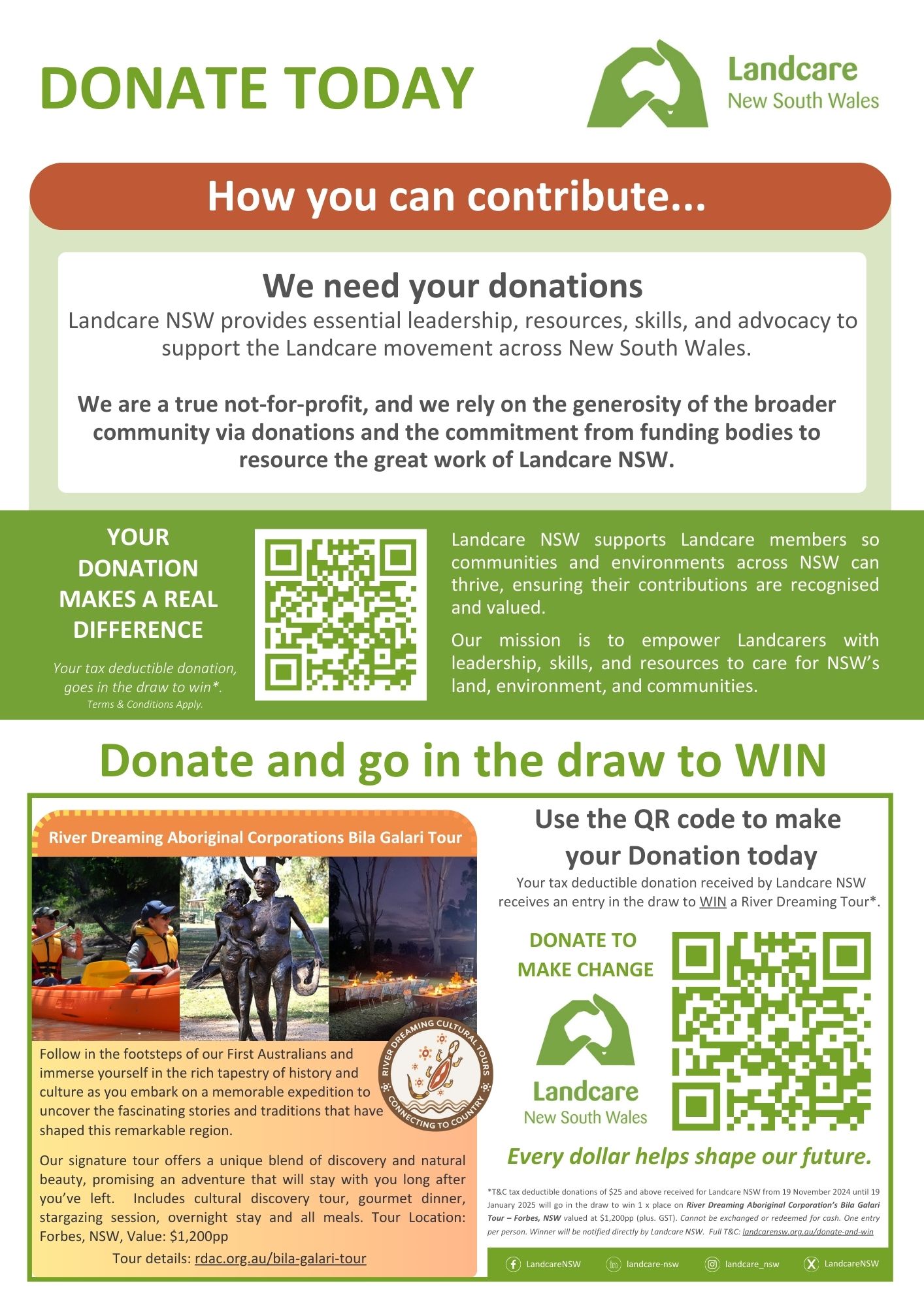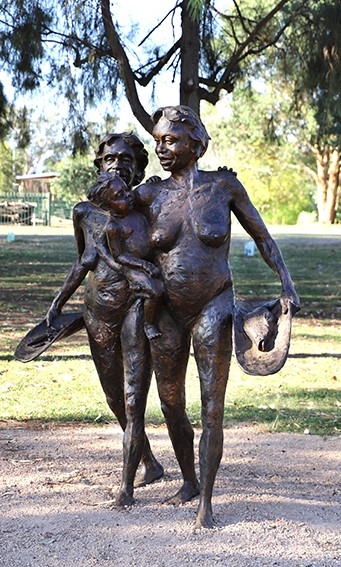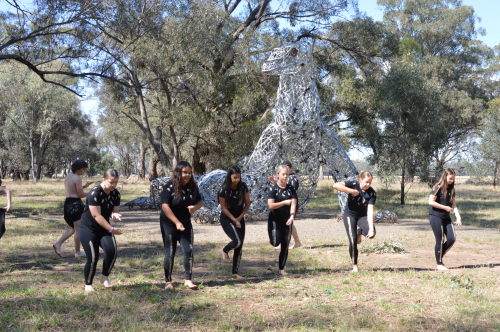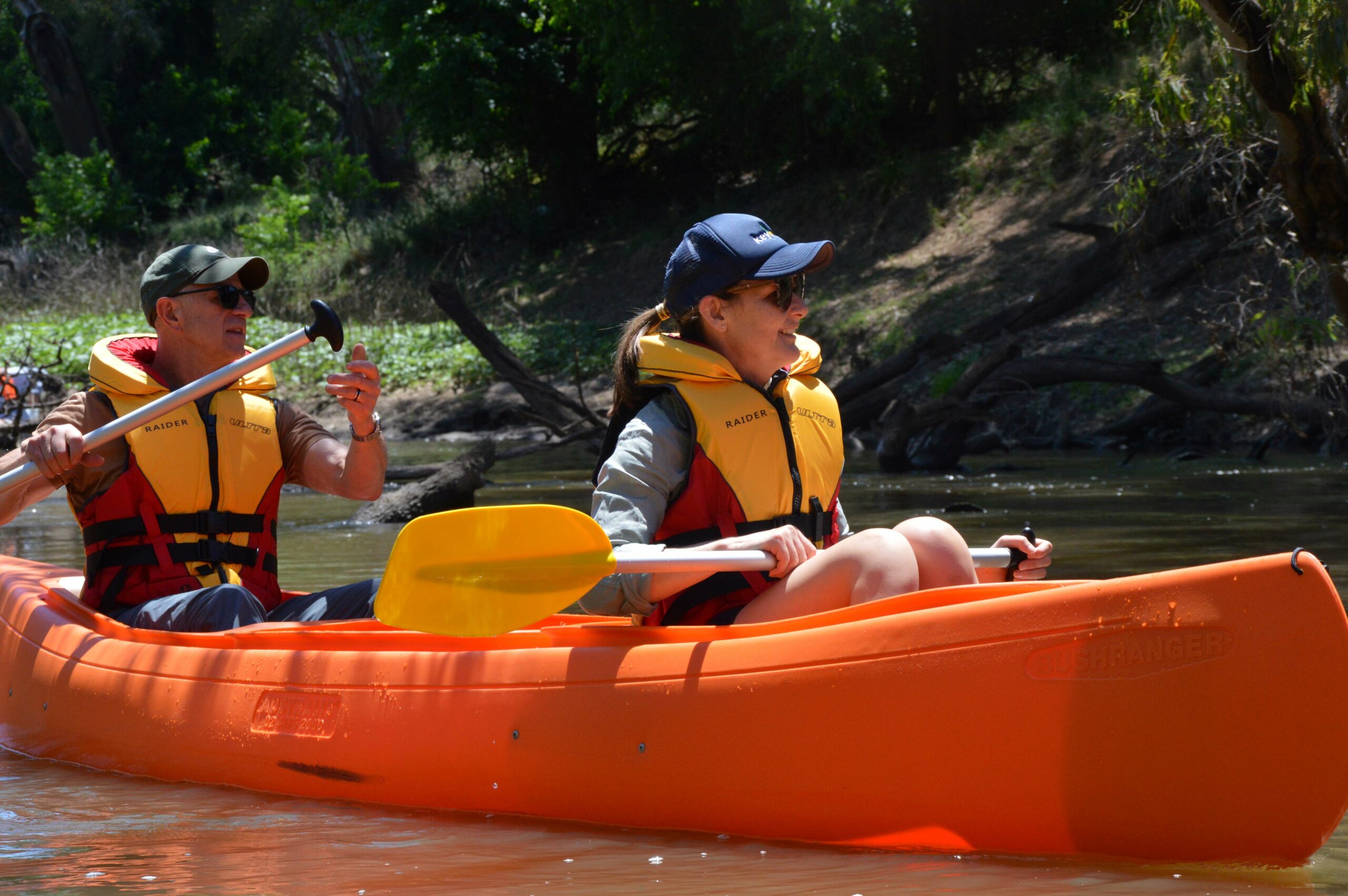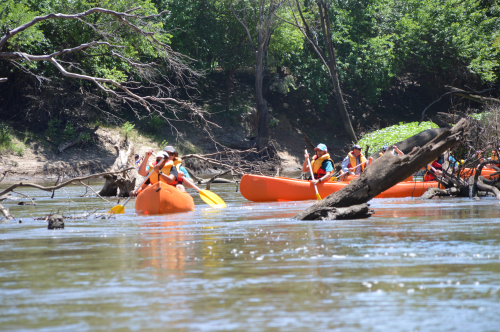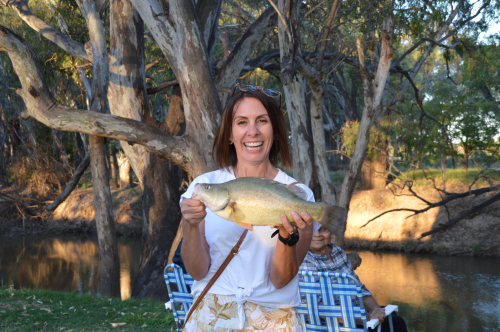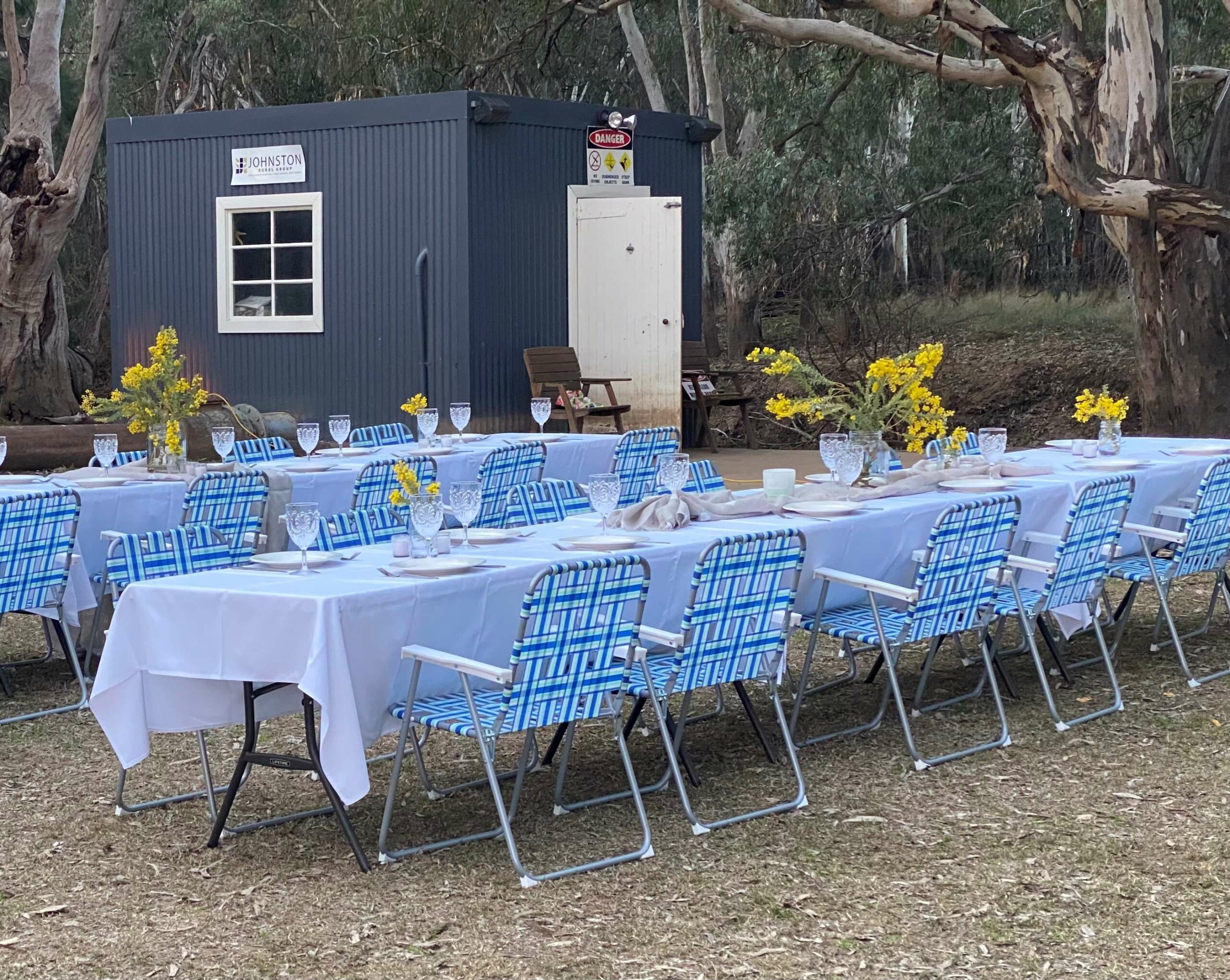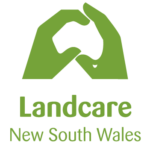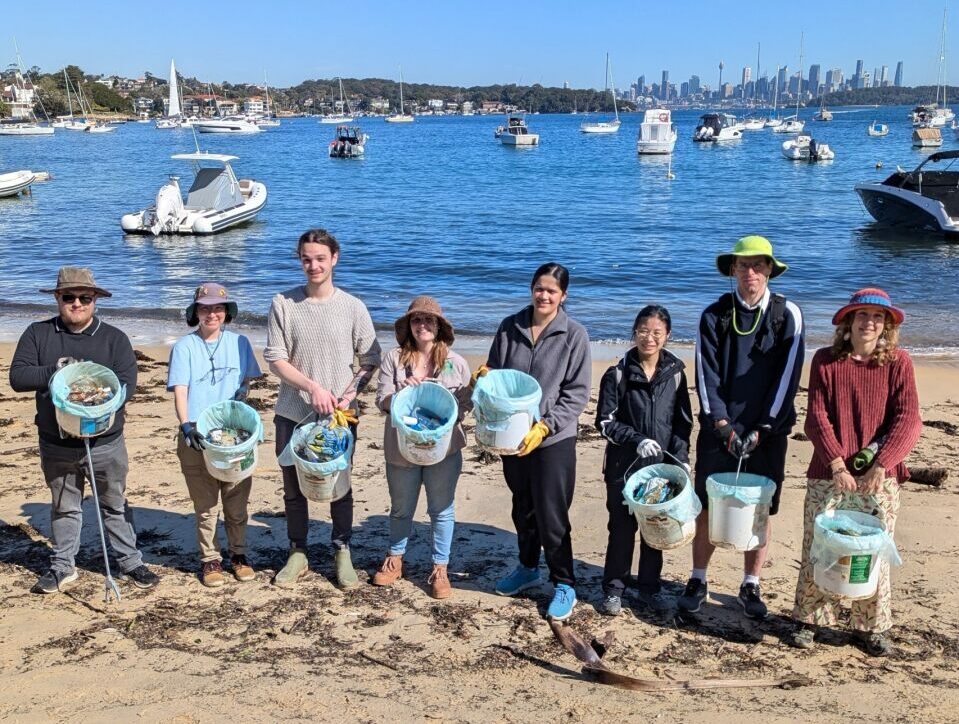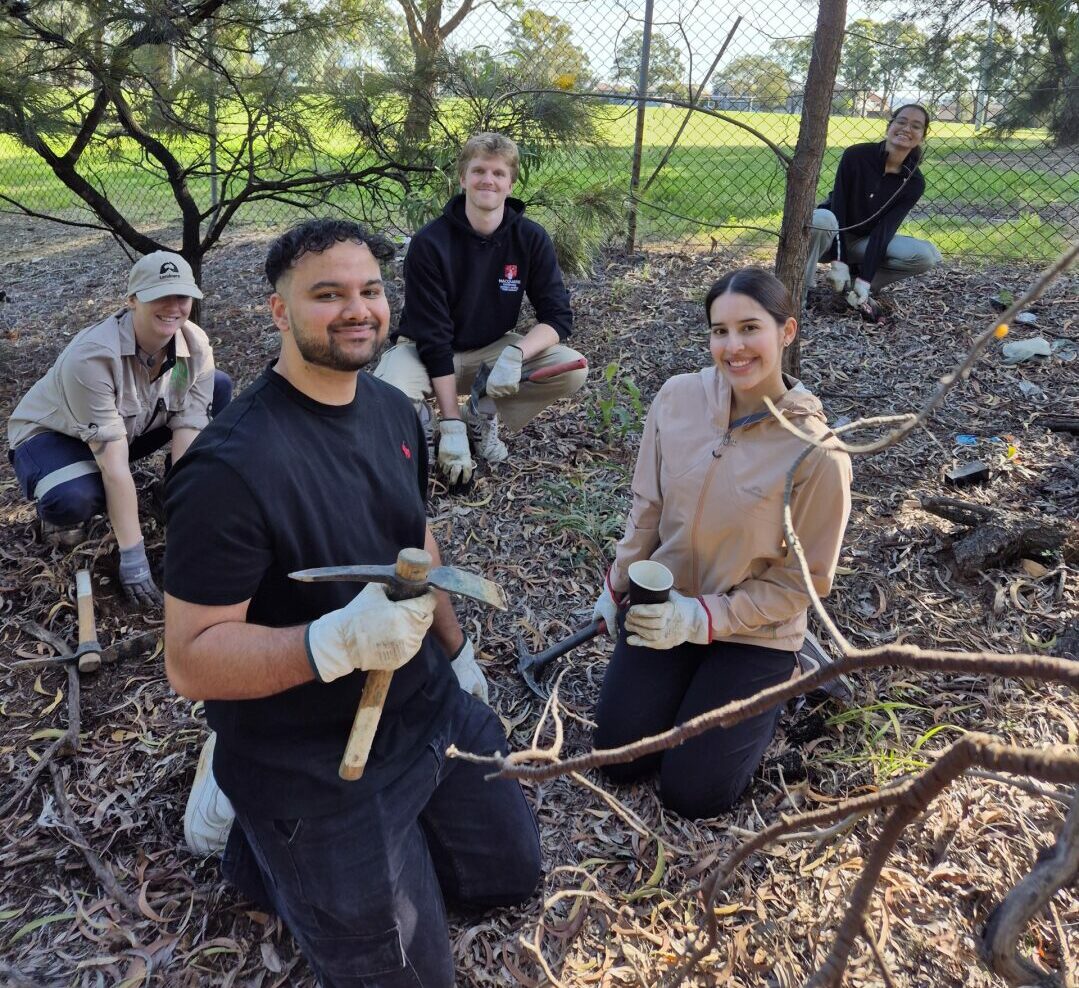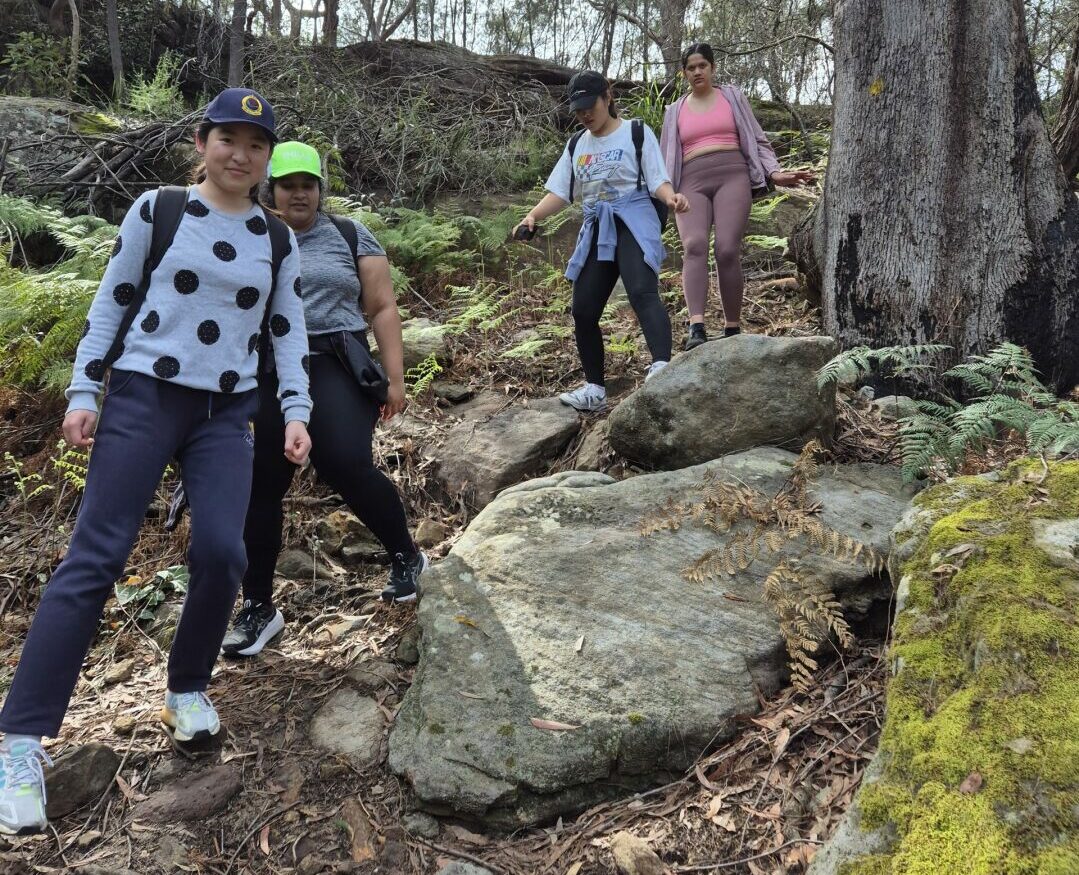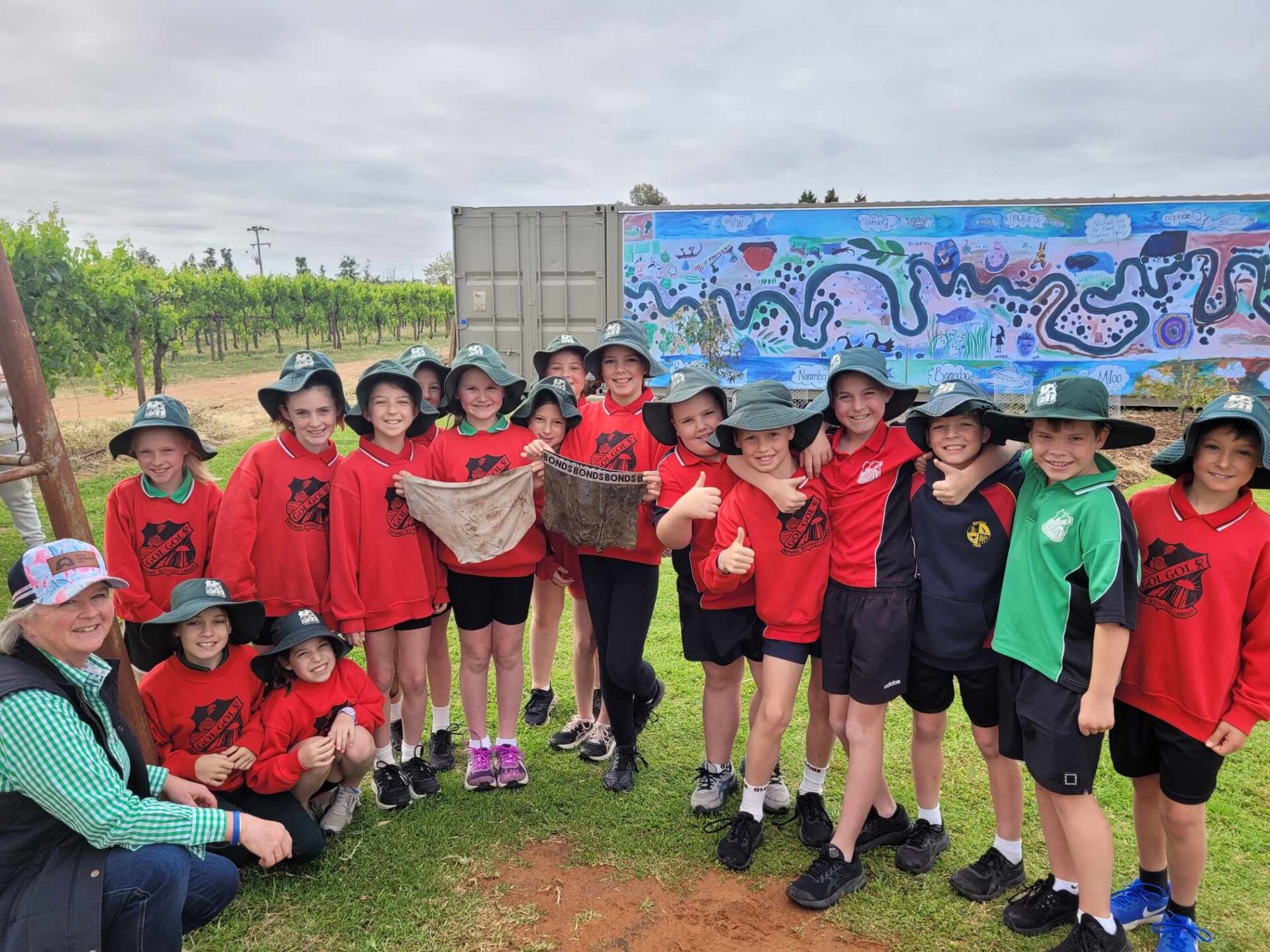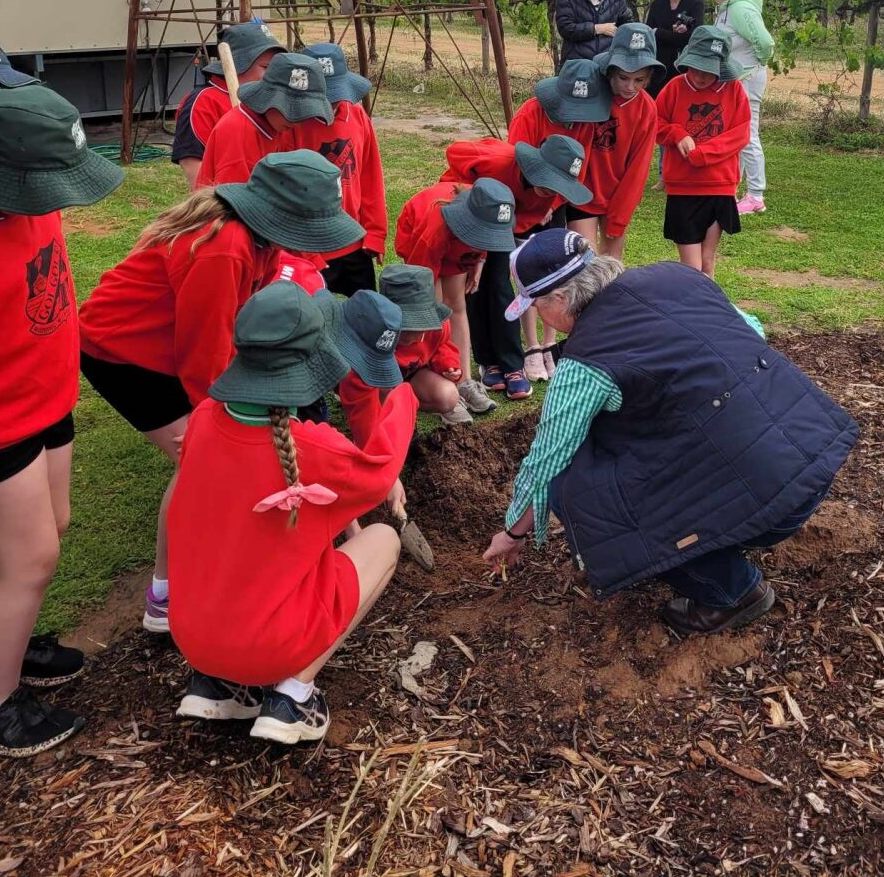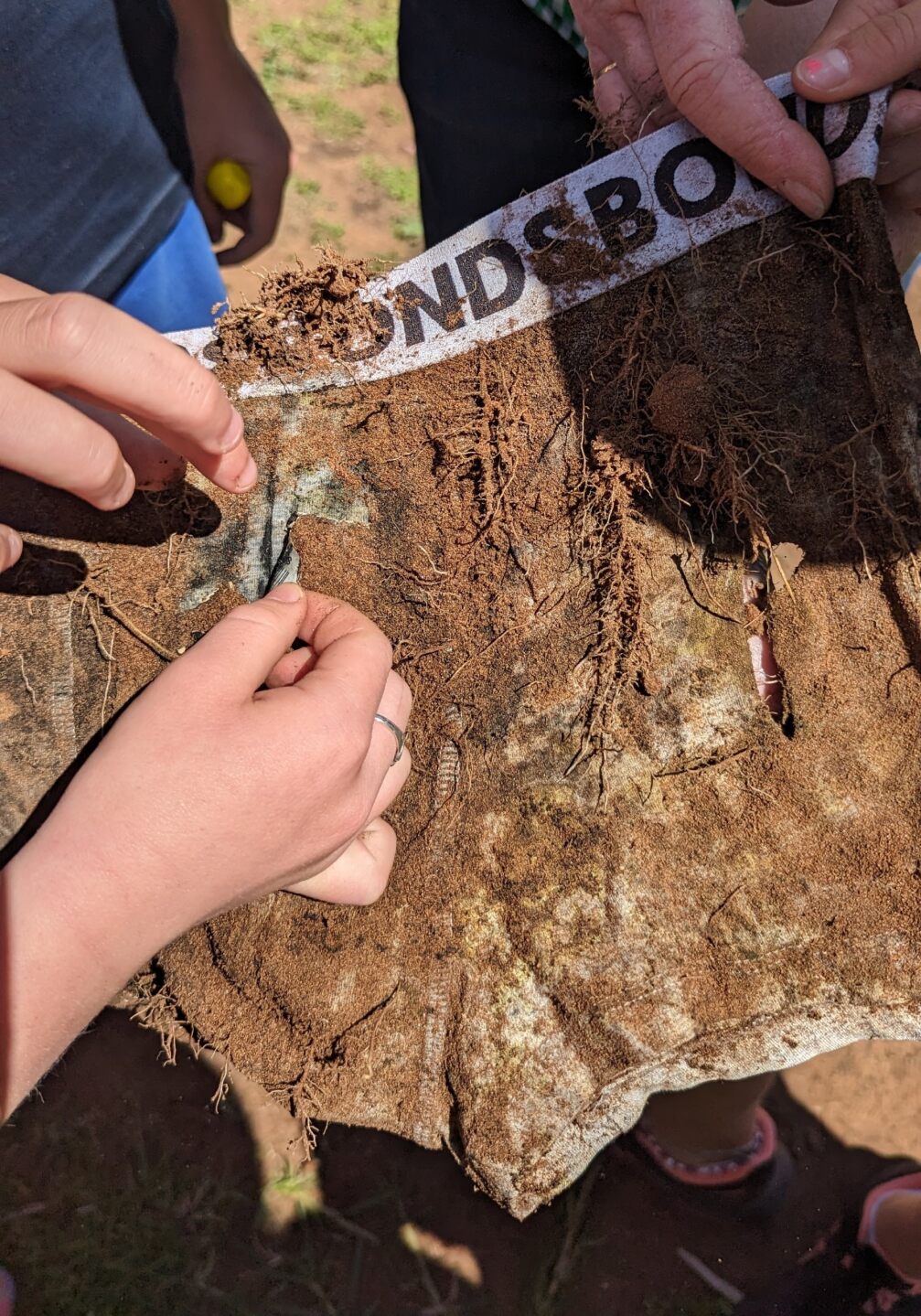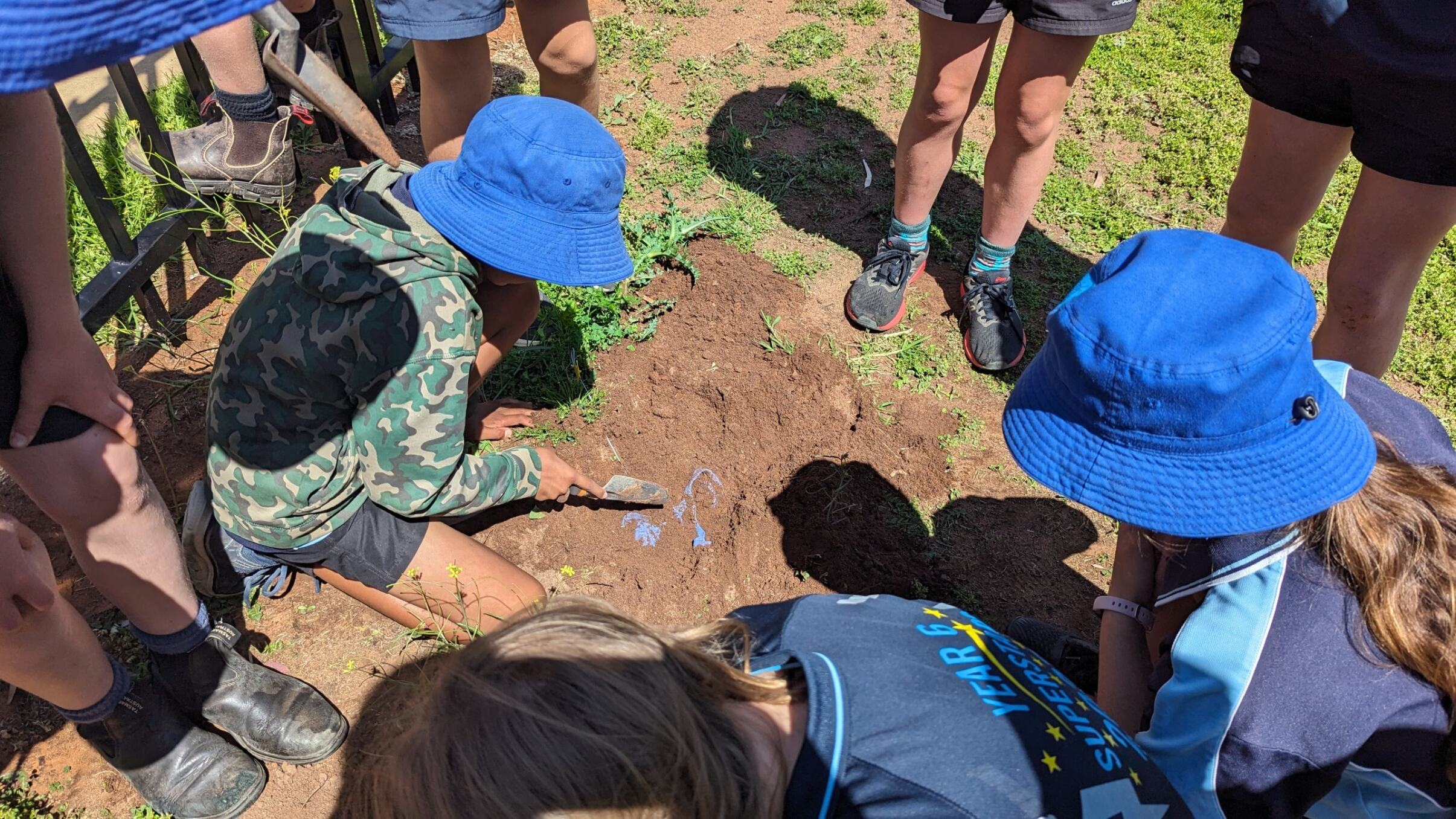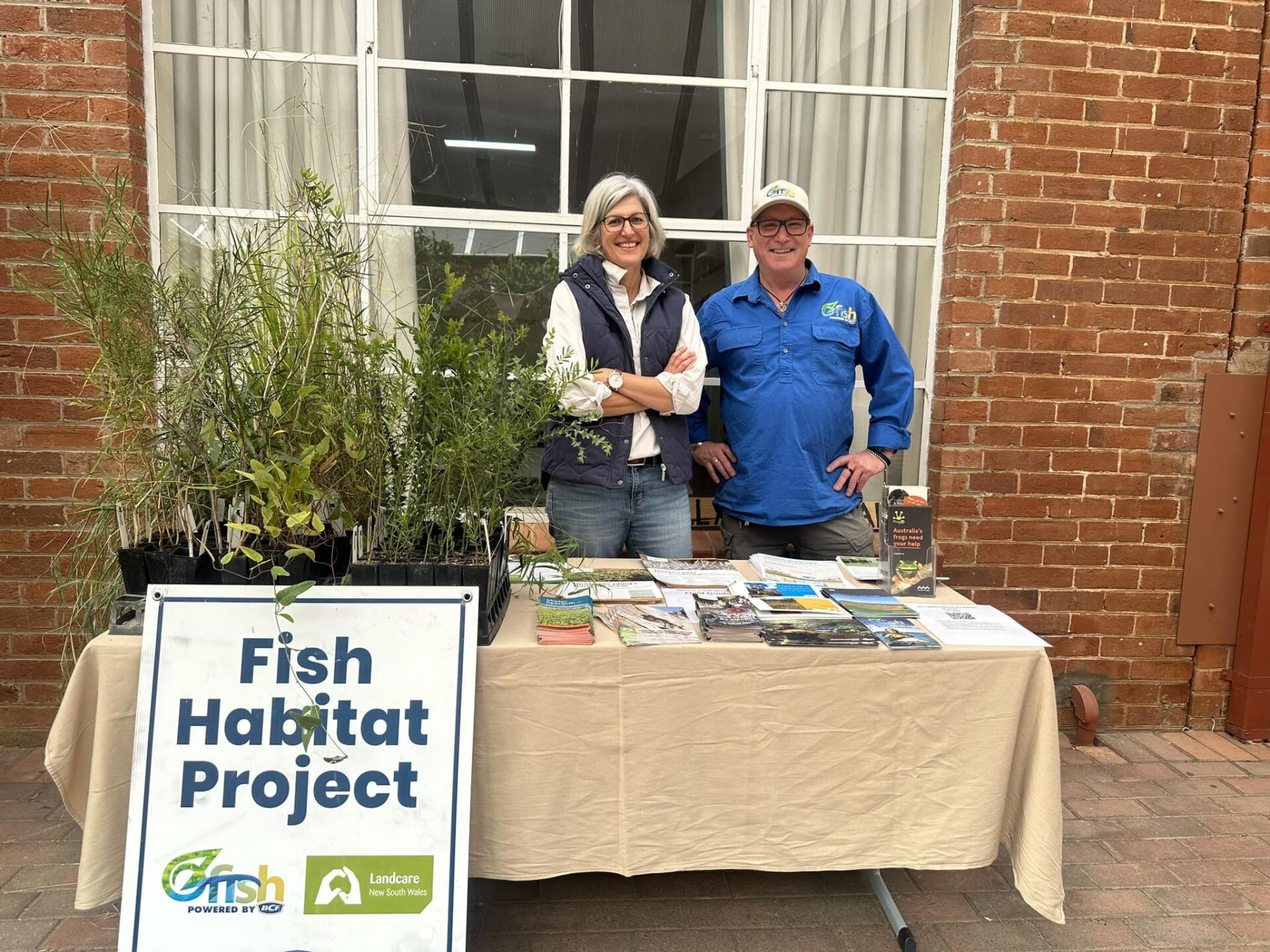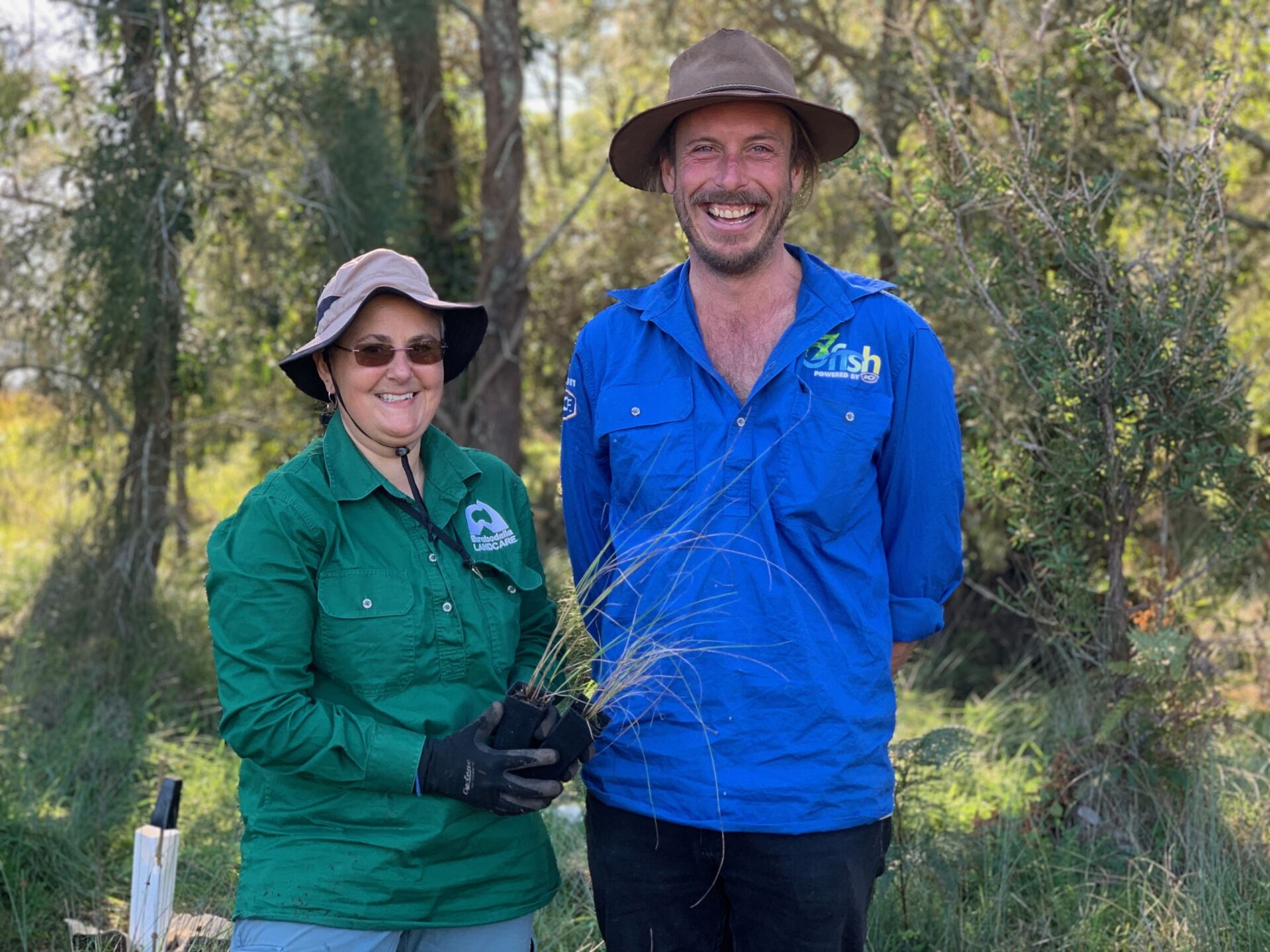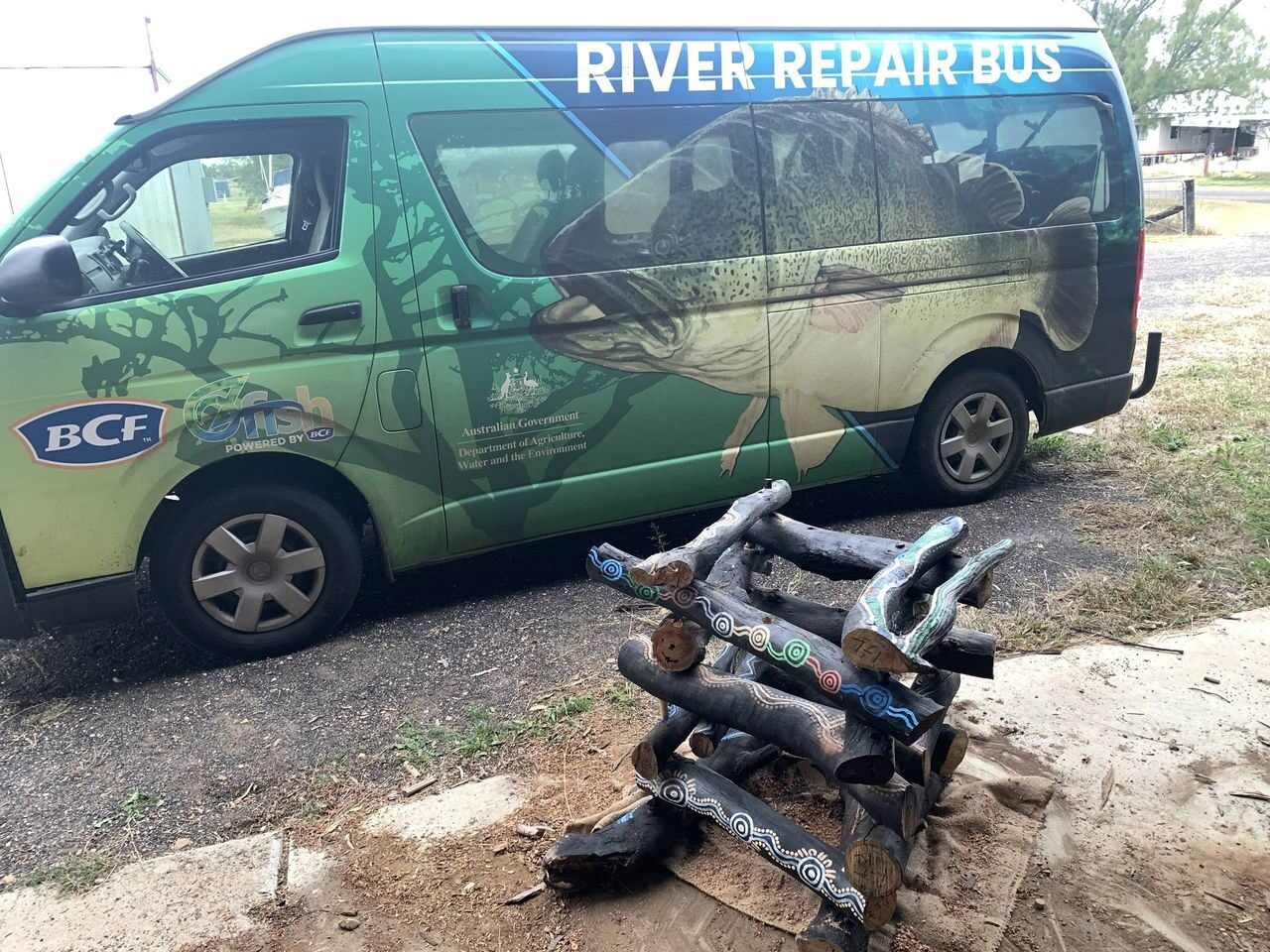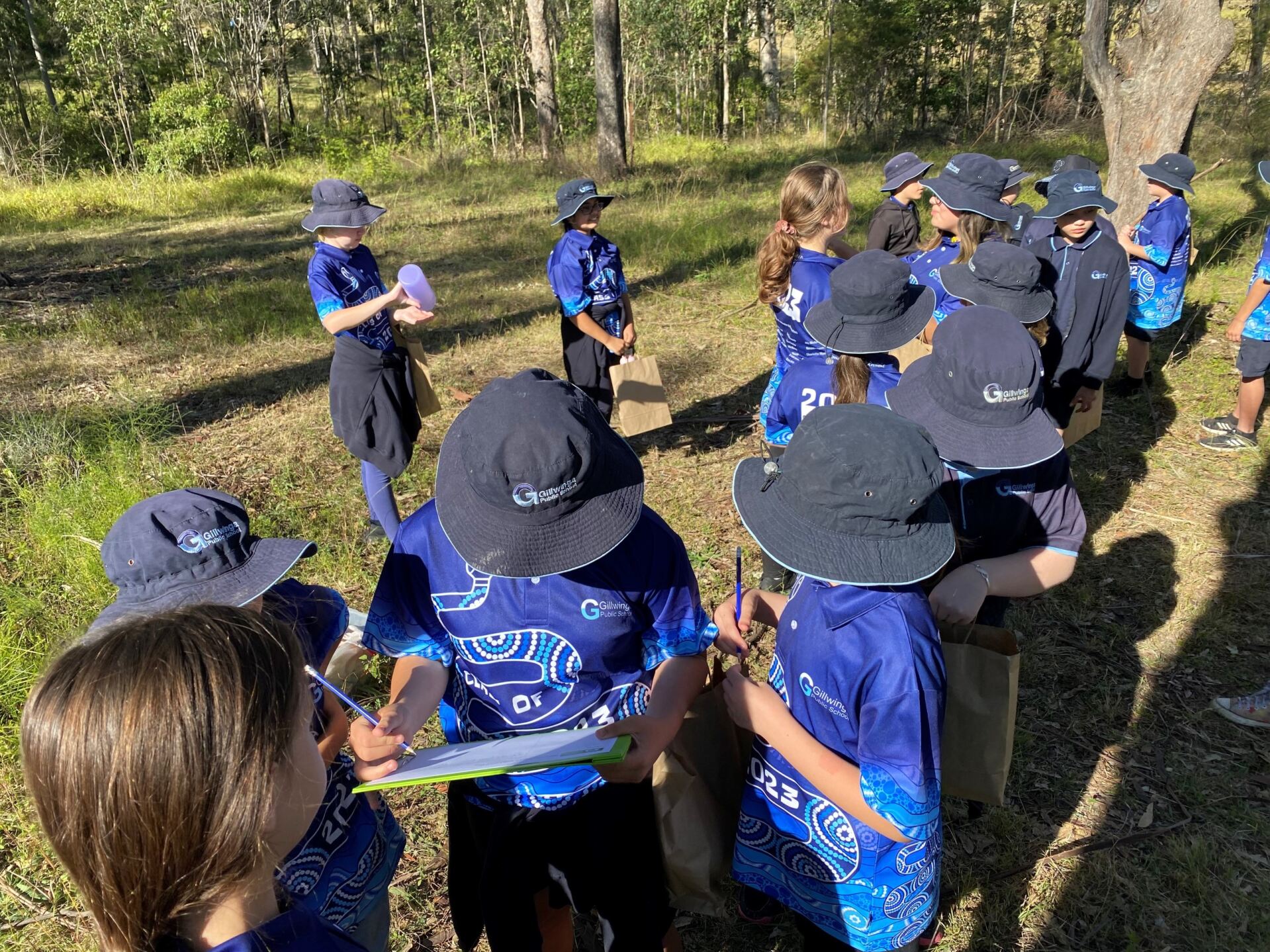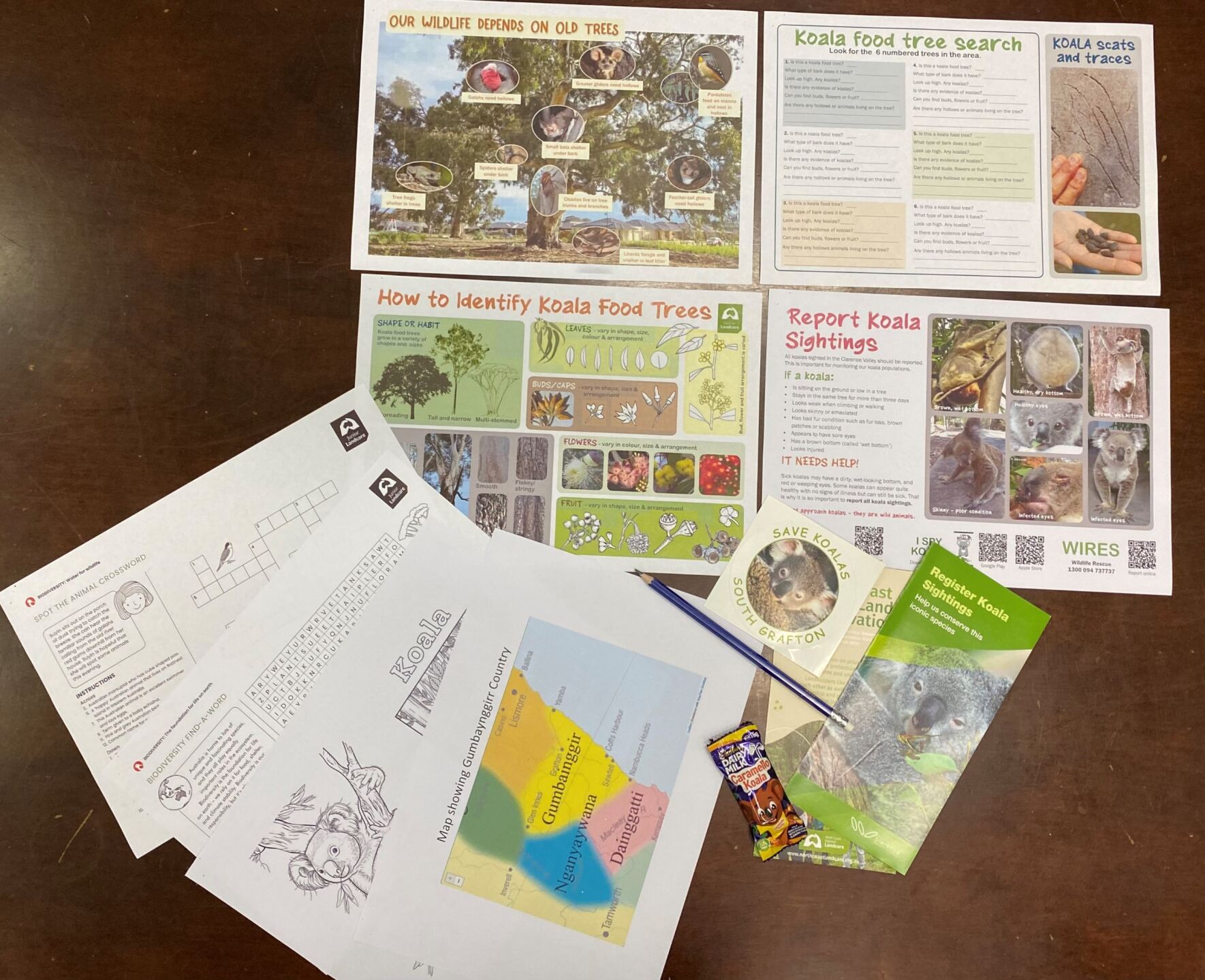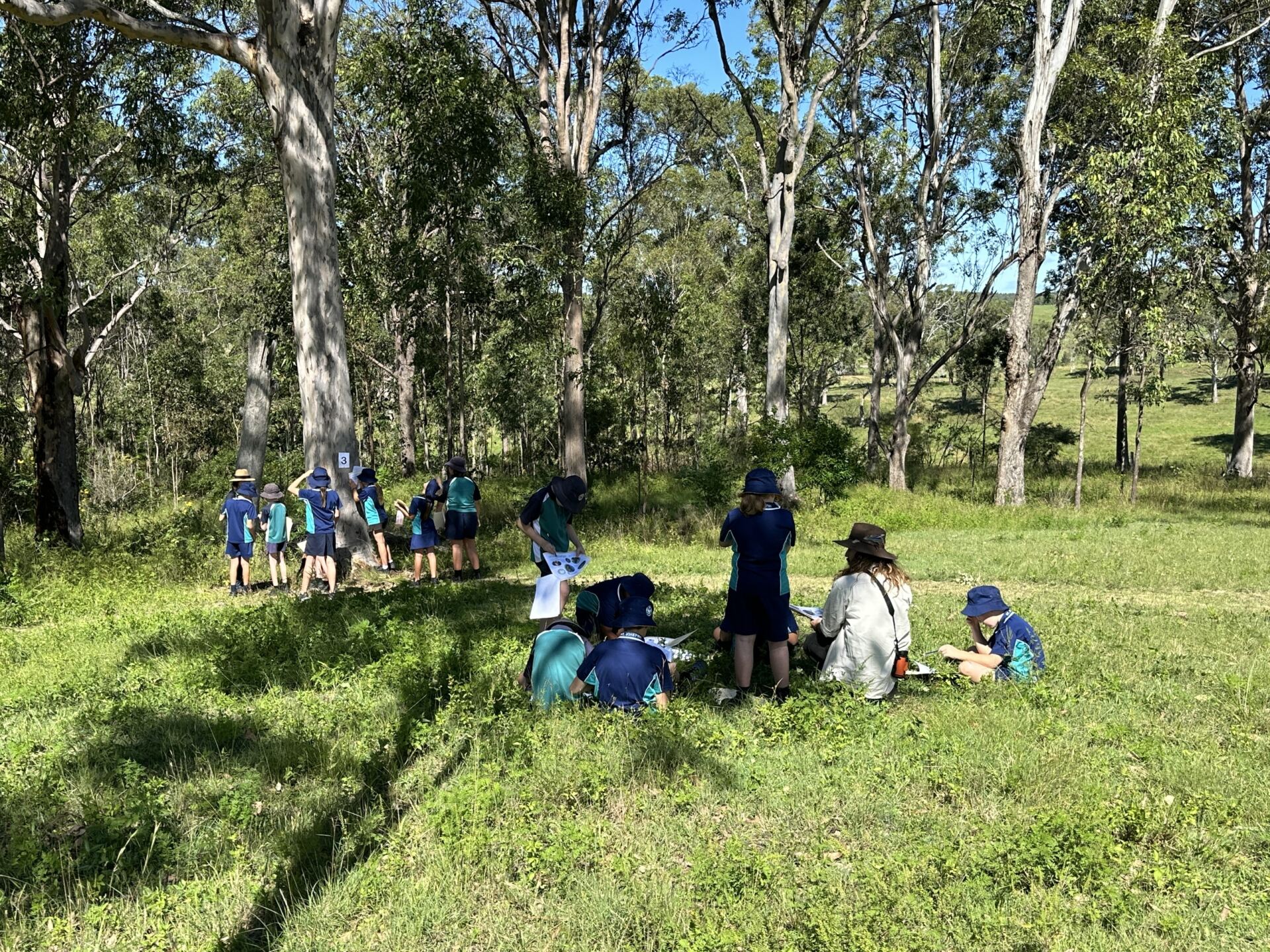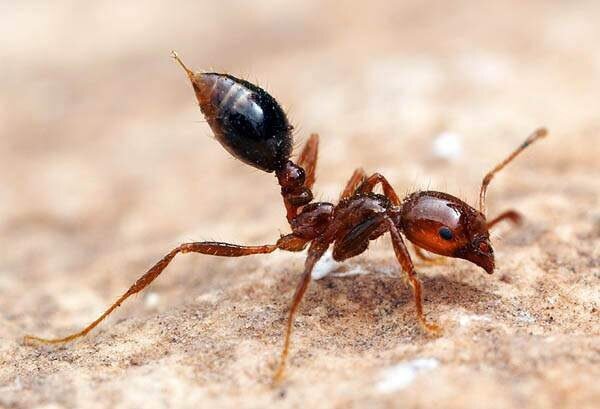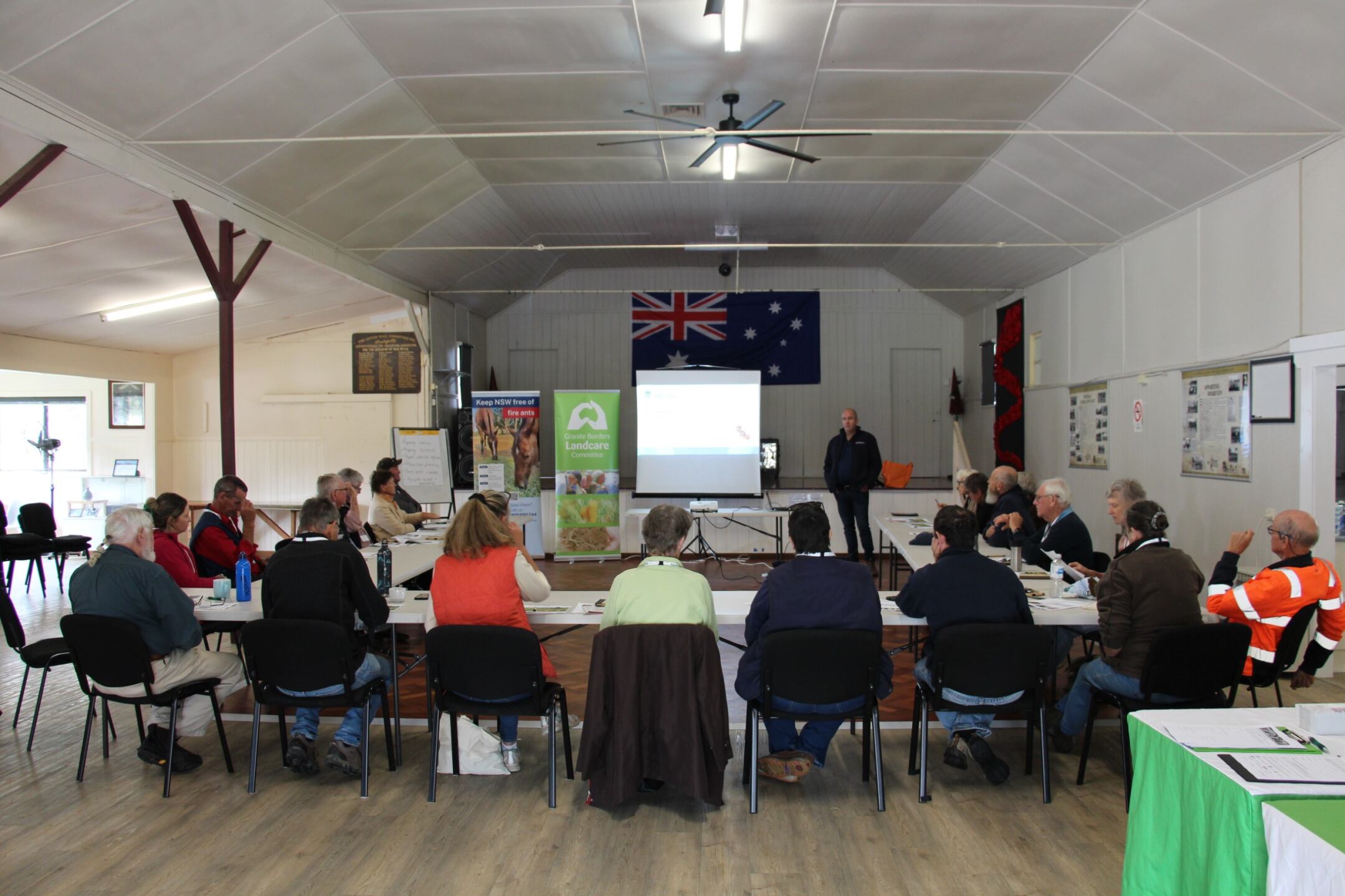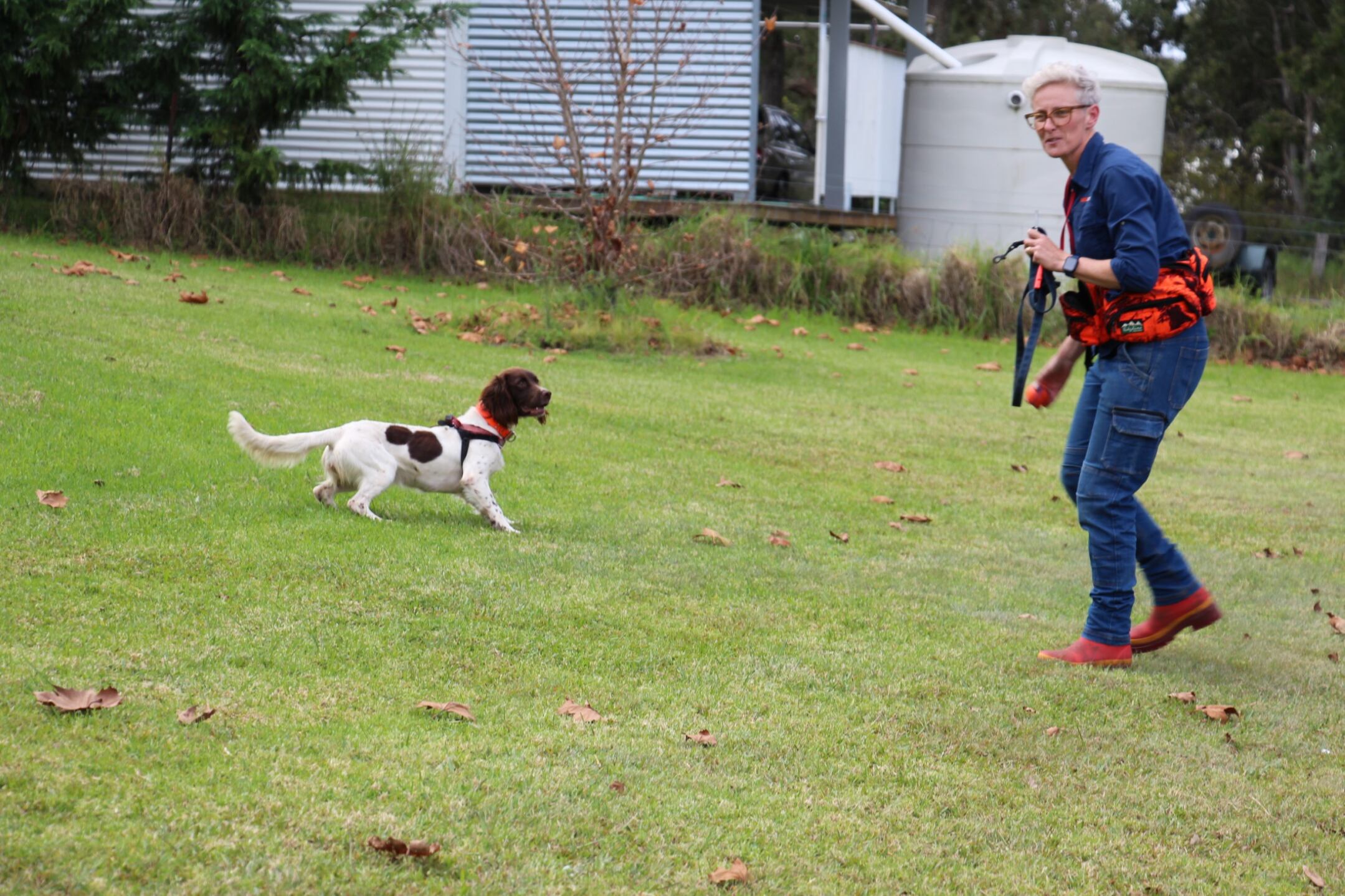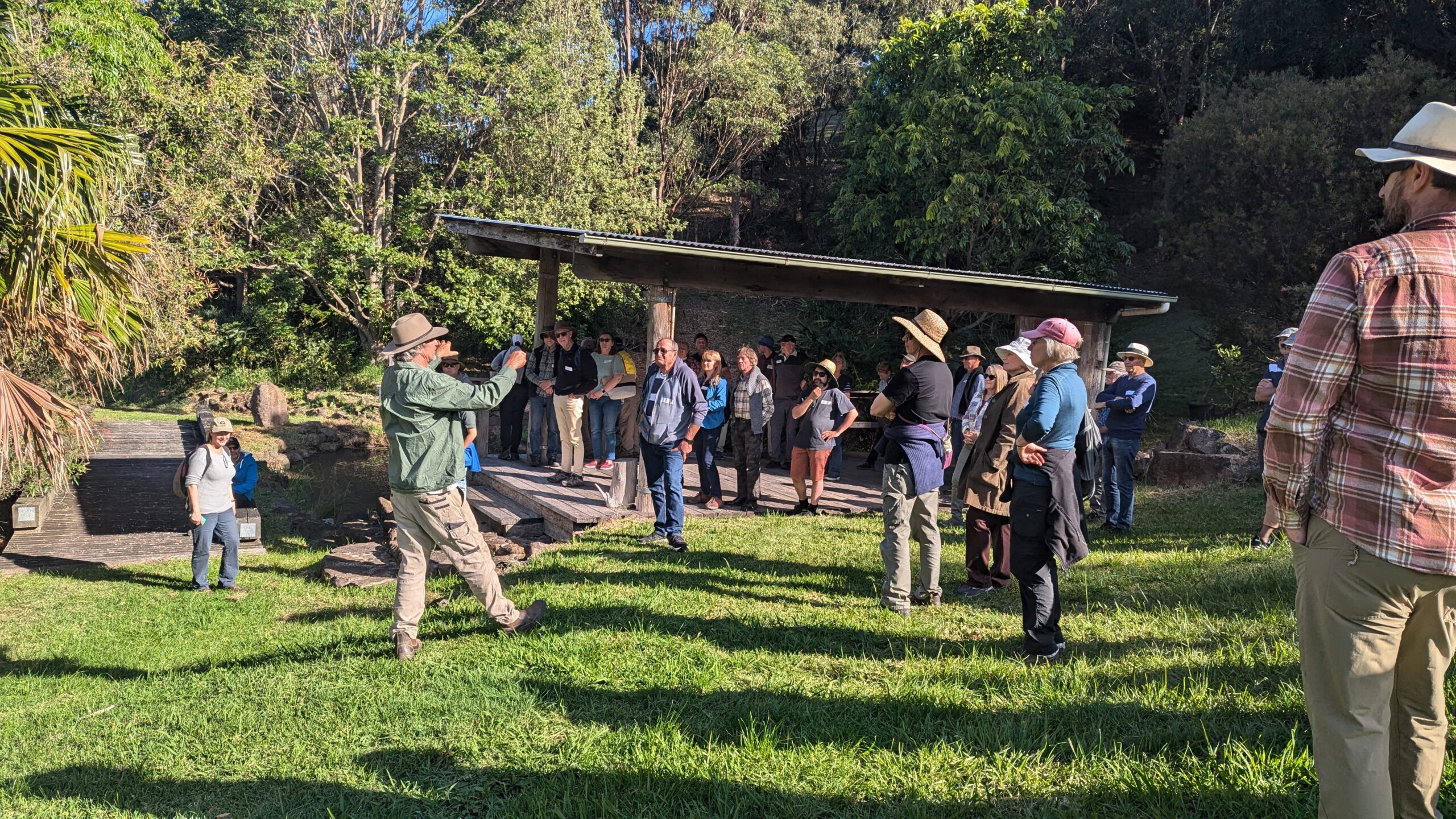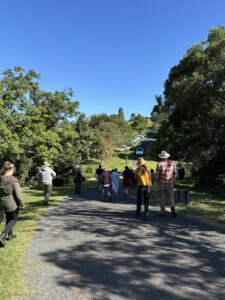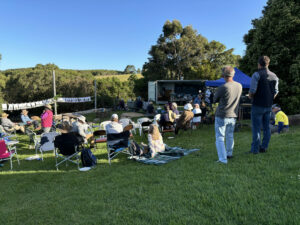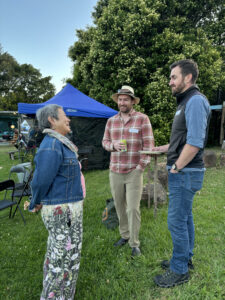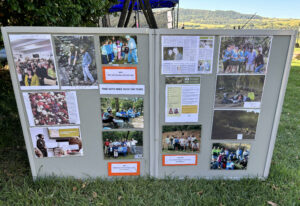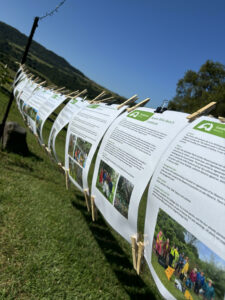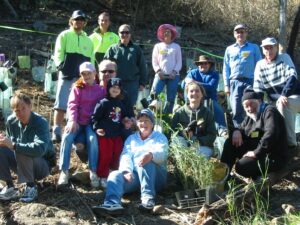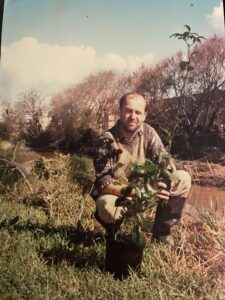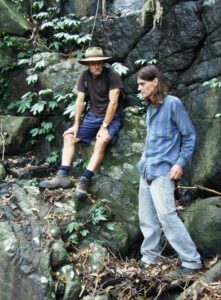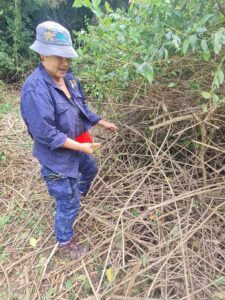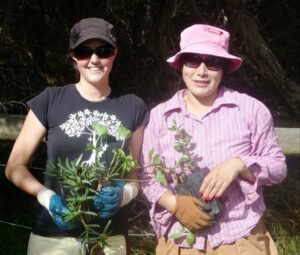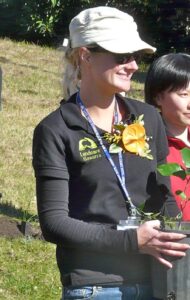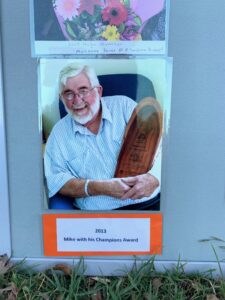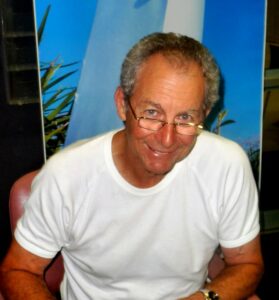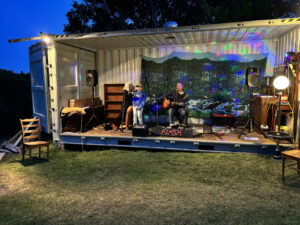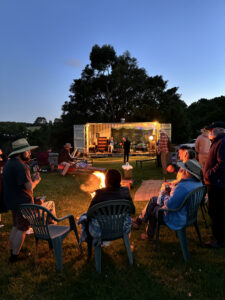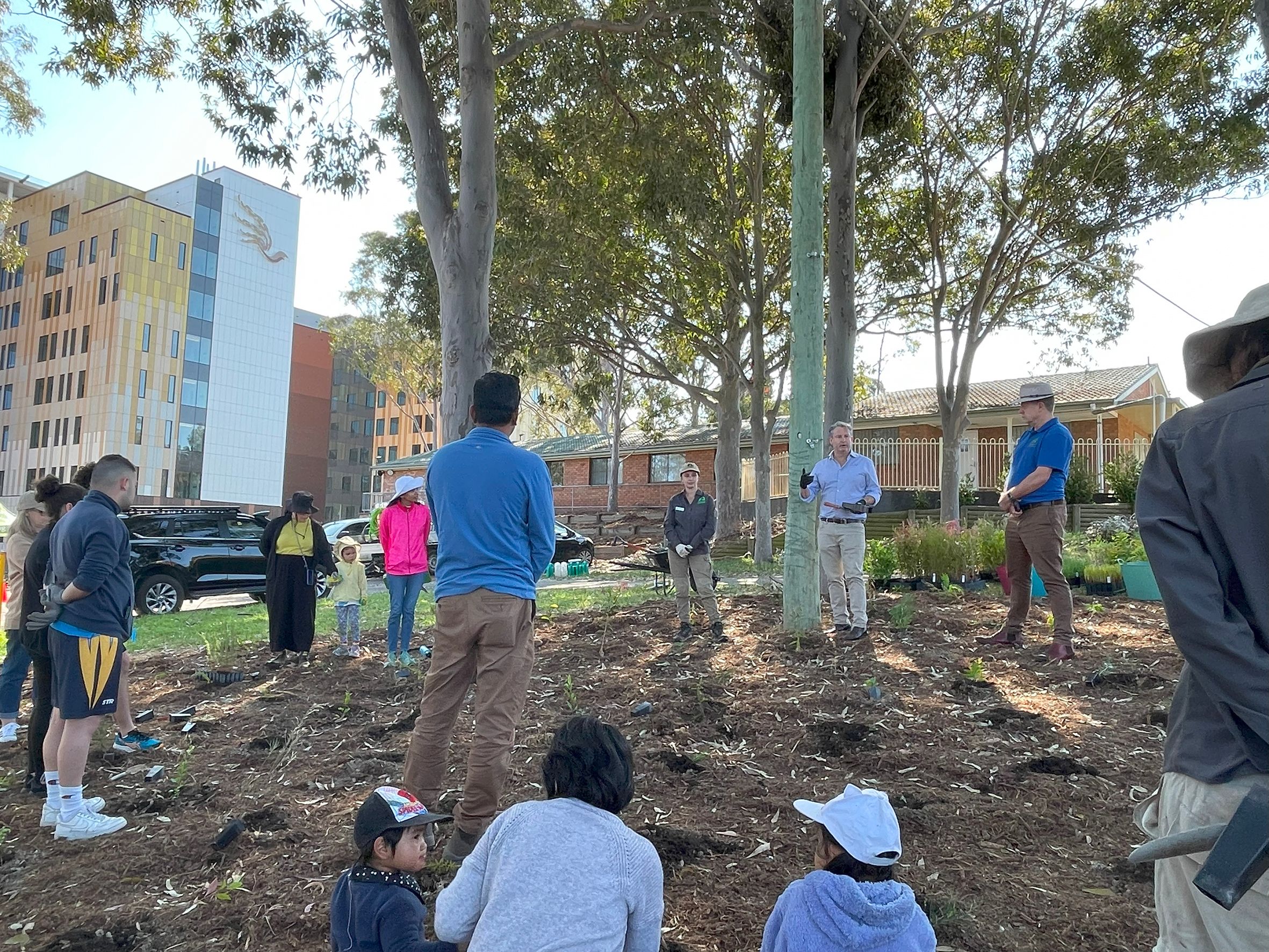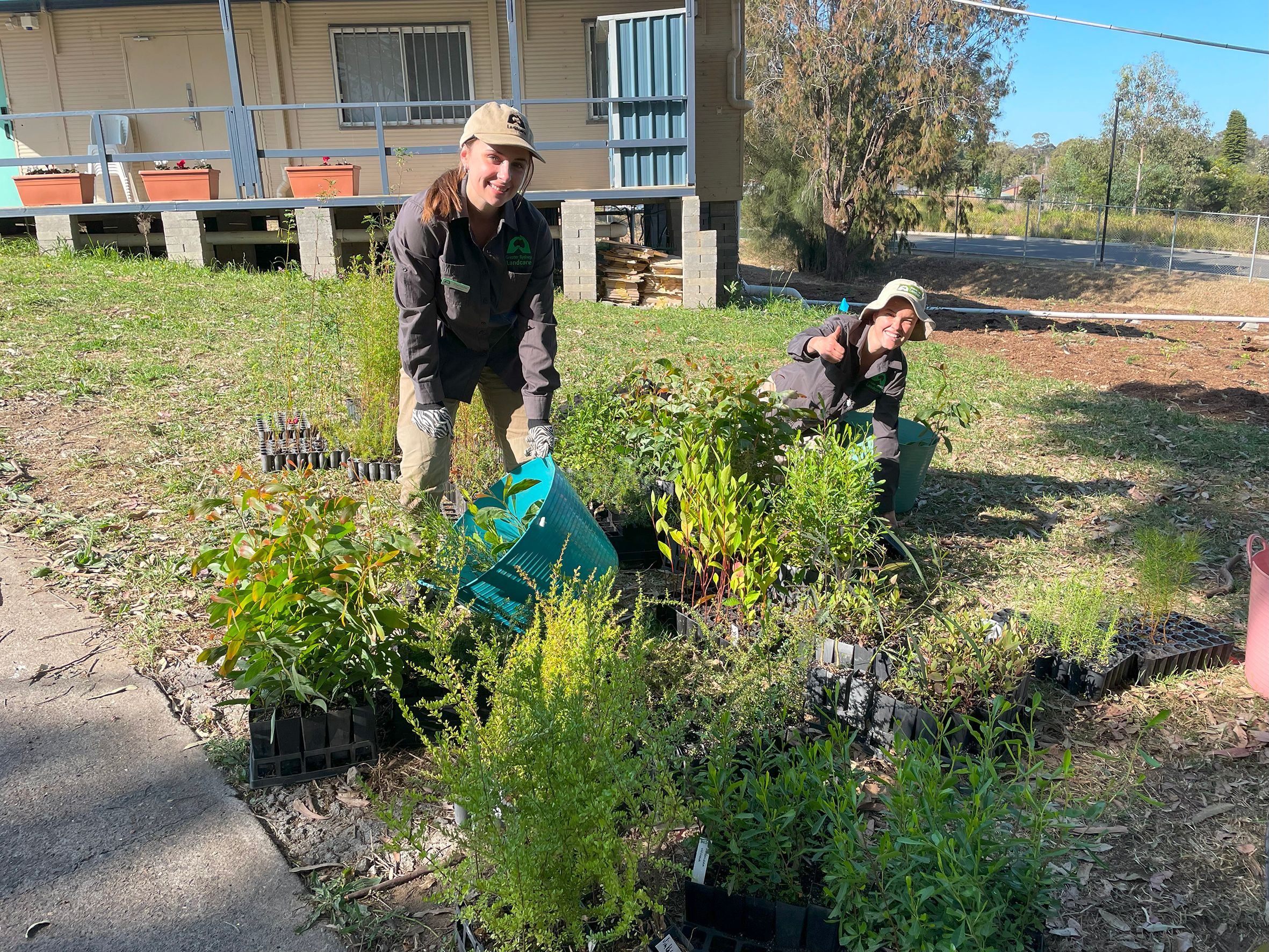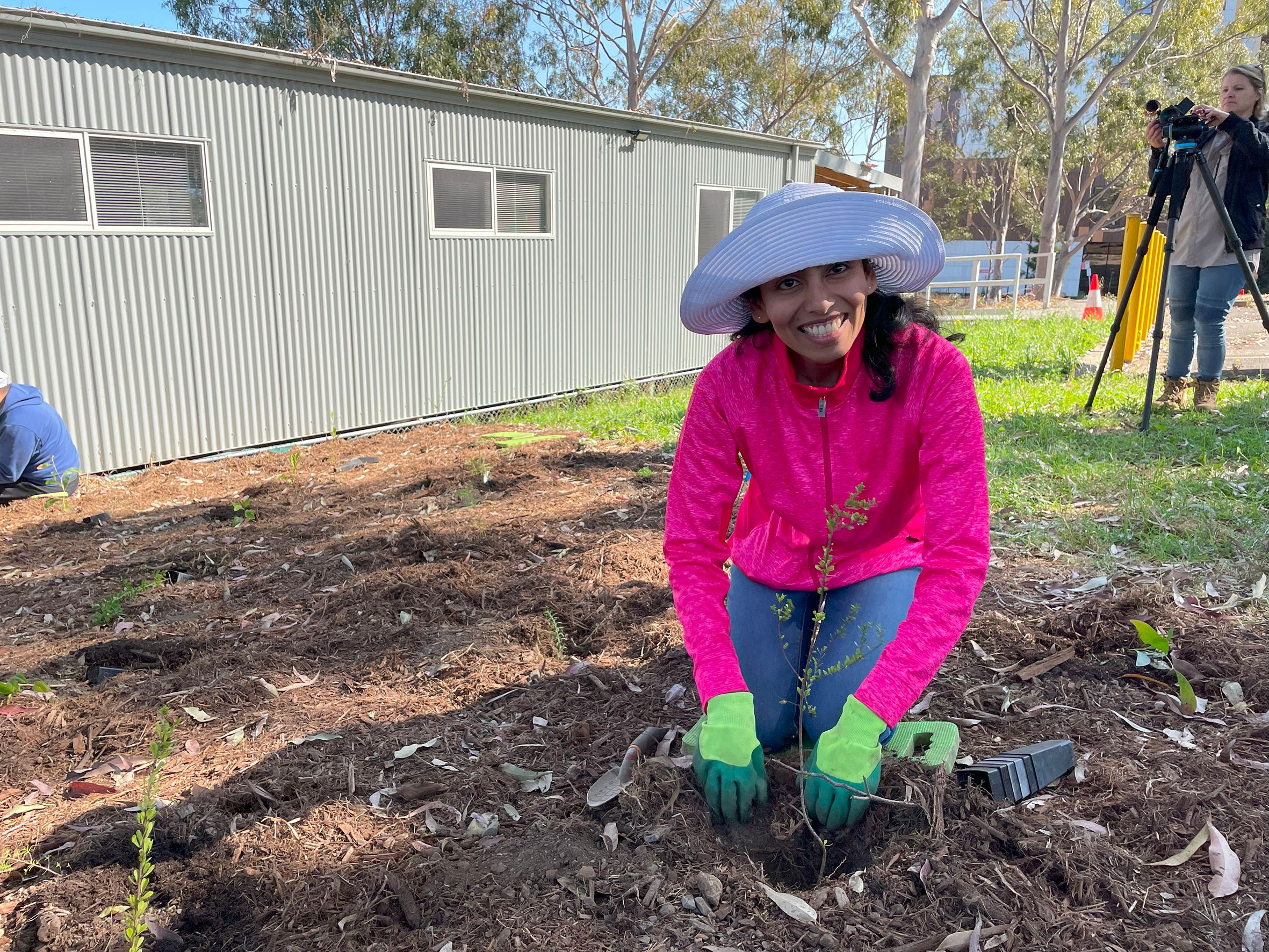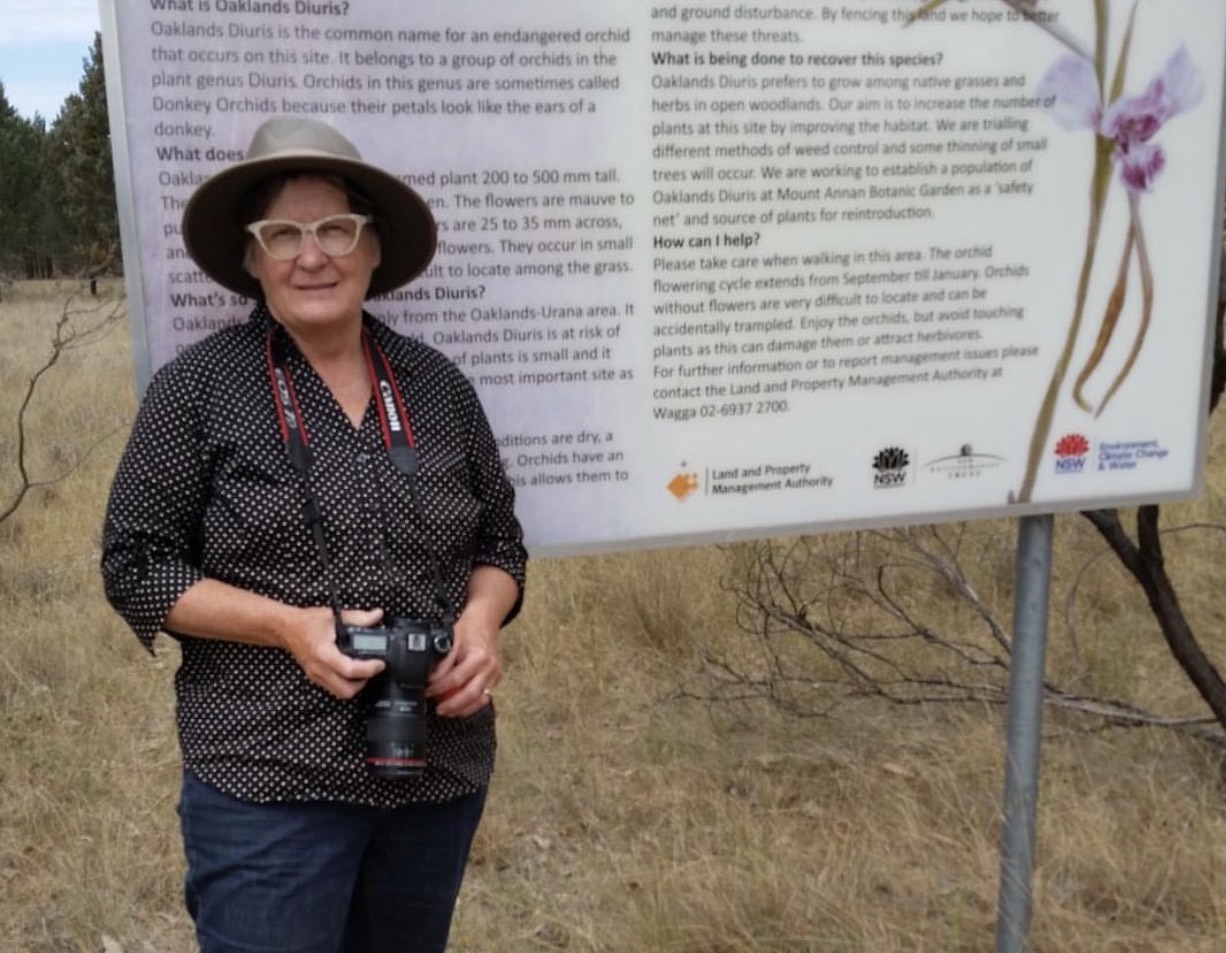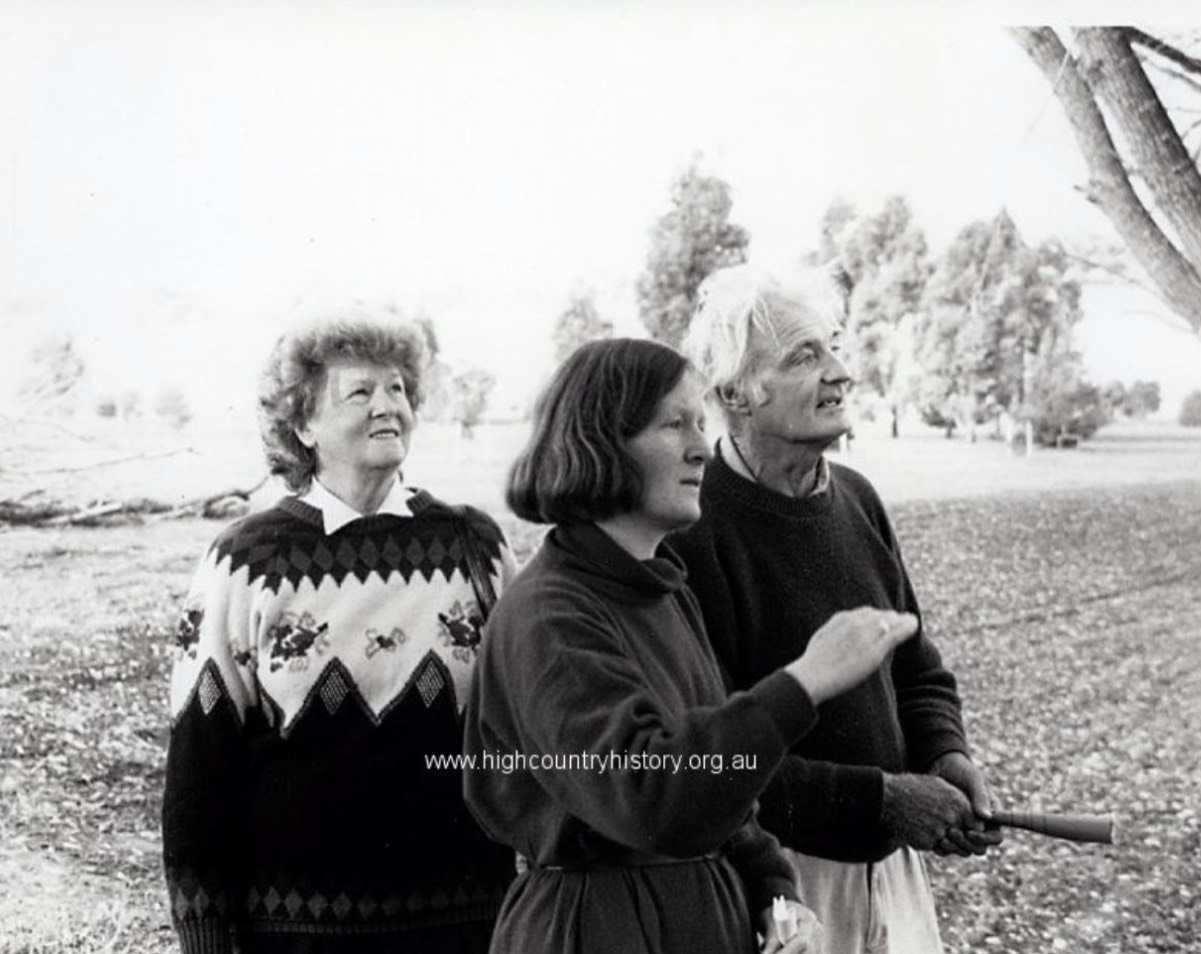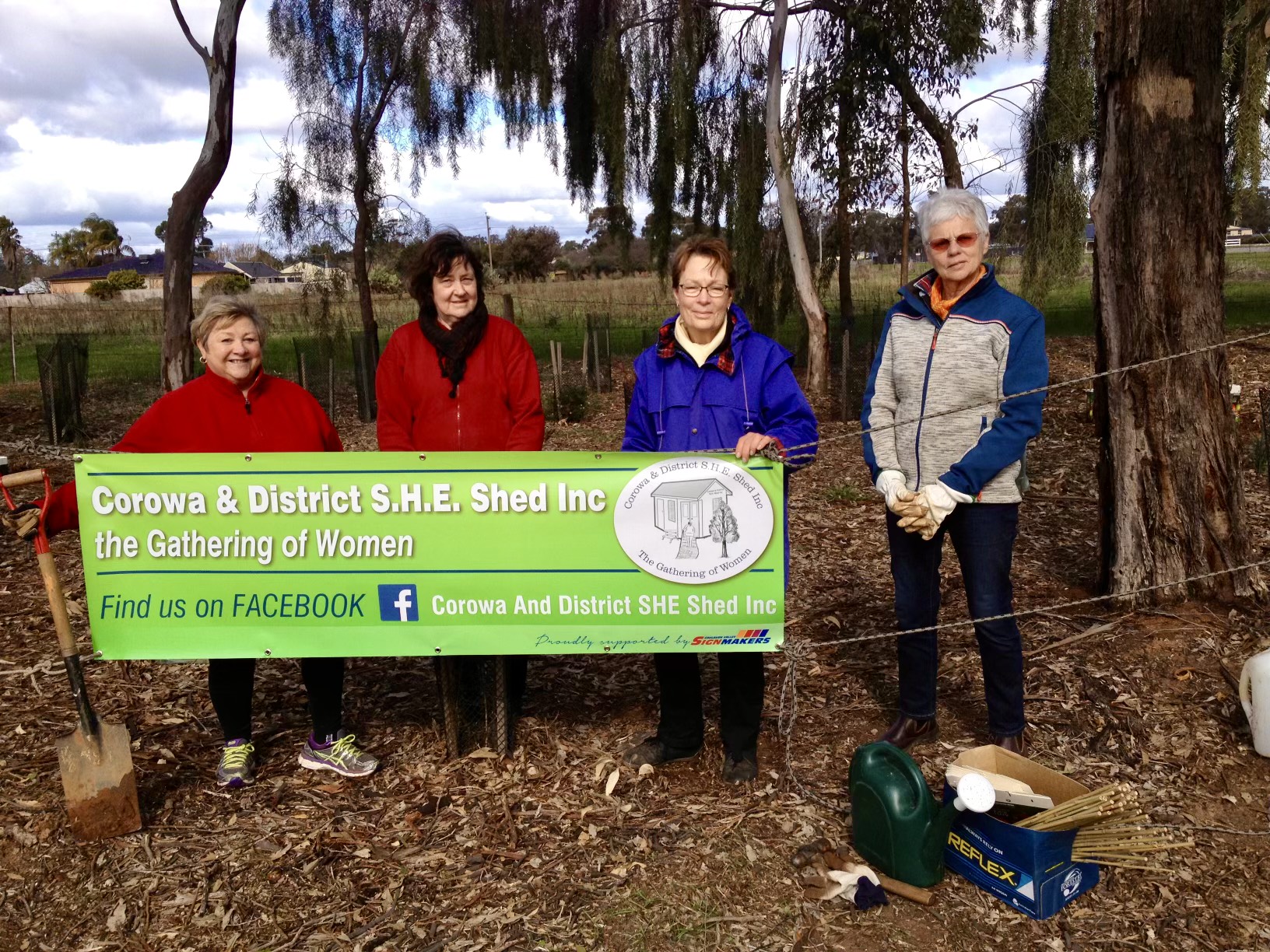
Your Donations Really Matter to Us
Spare change?
CONTRIBUTE NOW & WIN*
All Tax Deductible donations of $25 and above received for Landcare NSW from 19 November 2024 until 19 January 2025 will go in the draw to win* 1x Adult Ticket on River Dreaming Aboriginal Corporations Bila Galari tour – Forbes, NSW. Valued at $1,200/person plus gst.
Prize is to be provided by and must be redeemed directly with River Dreaming Aboriginal Corporation. *Terms & Conditions Apply.
Thanks to River Dreaming Aboriginal Corporation
View details on their tours here: Bila Galari tour – Forbes, NSW.
Terms and Conditions – Landcare NSW Donate and Win prize draw
1. The promoter of this Donate and Win prize draw is Landcare NSW (ABN:24 958 819 359) located at 7/56 Church Av, Mascot NSW 2020, hereinafter referred to as “the Promoter”.
2. Participation in this giveaway is open to individuals aged 18 years and above, who make a donation to Landcare NSW during the giveaway period. Employees and their immediate family members of Landcare NSW are not eligible to participate.
3. By entering this giveaway, participants agree to be bound by these terms and conditions.
4. Entry into the giveaway is automatic for each eligible person who makes a donation above $25 to Landcare NSW during the giveaway period. Each person will receive maximum one entry.
5. The giveaway period commences on 19/11/24 and will finish 19/01/25.
6. The prize offered in this giveaway is 1x Adult Ticket on the ‘River Dreaming Aboriginal Corporation’s Bila Galari’ tour – Forbes, NSW. Valued at $1,200/person plus GST. The Promoter defers responsibility to the tour provider to delivery on above offer, and the provider reserves the right to substitute any prize with another of equivalent value.
7. Winners will be chosen at random at the end of January from all eligible entries received during the giveaway period. The selection of winners will be conducted by a representative of Landcare NSW.
8. The winners will be notified via email within seven (7) days after the random selection. The winners must respond to the notification email within fourteen (14) days to acknowledge acceptance of the prize. Failure to respond within the specified time may result in forfeiture of the prize and selection of an alternate winner.
9. The Promoter will make reasonable efforts to contact the winners. However, if the winner cannot be contacted or does not claim the prize within the specified time, the Promoter reserves the right to withdraw the prize from the winner and select an alternative winner.
10. The prizes are non-transferable and cannot be exchanged or redeemed for cash or any other alternative.
11. The Promoter accepts no responsibility for any entries that are incomplete, late, lost, damaged, or illegible. The Promoter shall not be liable for any failure to fulfill the prizes due to unforeseen circumstances or causes beyond its reasonable control.
12. The personal information provided by participants will be used in accordance with Landcare NSW Privacy Policy and applicable privacy laws. By entering this giveaway, participants consent to the collection, storage, and use of their personal information by the Promoter for the purposes of conducting and administering the giveaway.
13. This giveaway is in no way sponsored, endorsed, or administered by, or associated with, any social media platforms or third parties.
14. The decision of the Promoter in relation to any aspect of the giveaway is final and binding and no correspondence will be entered into.
15. These terms and conditions are governed by the laws of New South Wales, Australia. Any disputes arising from or in connection with this giveaway shall be subject to the exclusive jurisdiction of the courts of NSW, Australia.
16. For any queries or concerns regarding this giveaway, please contact Landcare NSW.
17. By participating in this giveaway, participants acknowledge and agree to release and hold harmless Landcare NSW, its employees, volunteers, and agents from any and all liability, claims, demands, losses, damages, or actions arising out of or in connection with their participation in the giveaway or the acceptance, possession, use, or misuse of any prize awarded.
18. Landcare NSW reserves the right to amend or modify these terms and conditions at any time without prior notice. Any changes will be effective immediately upon posting the updated terms and conditions on Landcare NSW website or other promotional platforms.
19. Landcare NSW holds no responsibility or liability after the prize has been awarded.
If any provision of these terms and conditions is deemed invalid or unenforceable, the remaining provisions shall continue in full force and effect.
